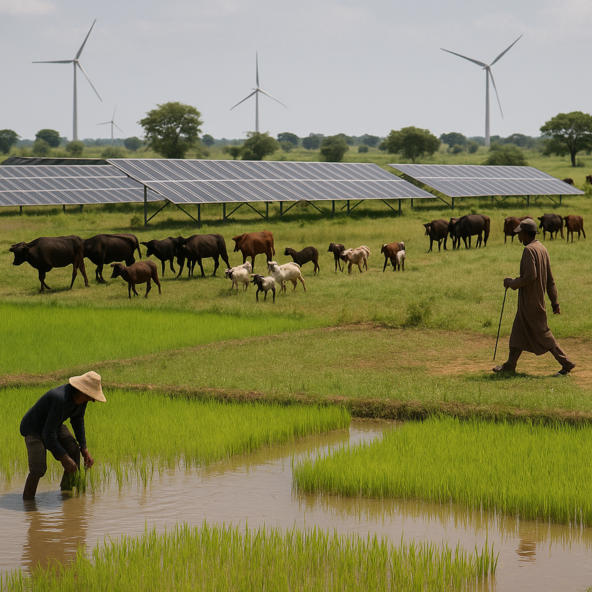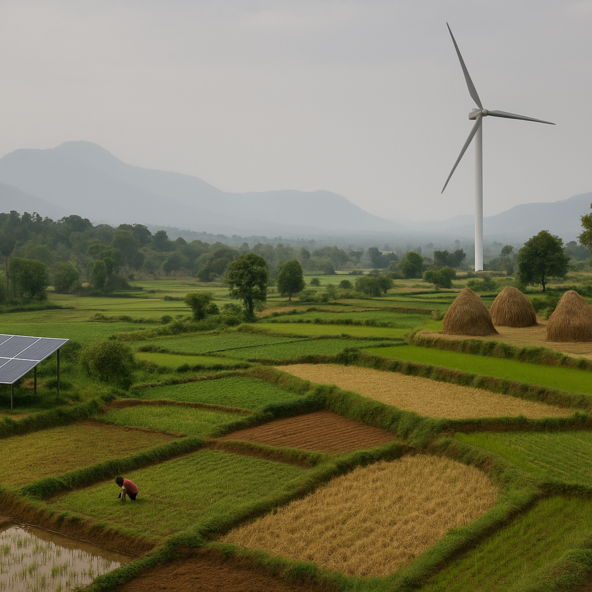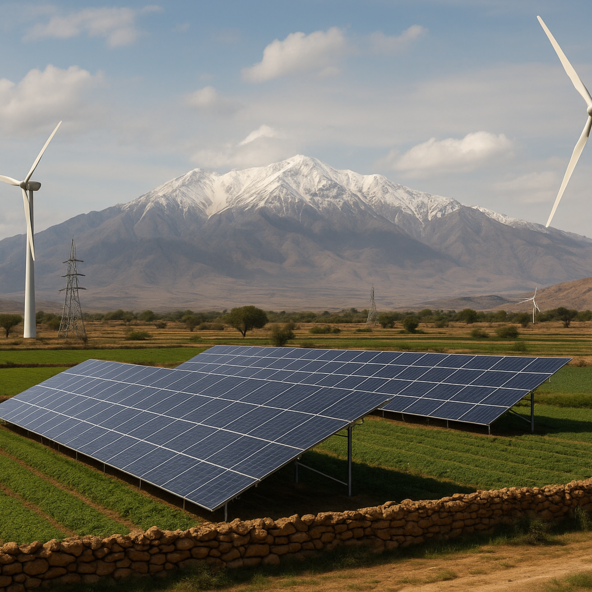- Mission: Assessment of the socio-economic vulnerability of Tunisia's national territory to climate change
- Client: United Nations Development Programme (UNDP)
- Implementation period: 12/2023- 06/2025
At the request of UNDP Tunisia and under the direction of IPROconsult, an analysis of Tunisia's socio-economic vulnerability to climate change was conducted with partner offices Advanced Consultancy for Environmental Studies (ACES) and BRL (Nîmes). The objective was to provide decision-makers with a factual basis for the 2026–2030 development plan. The report assesses the macroeconomic, sectoral and social impacts of climate change by 2030, with a focus on the blue economy, a key sector for sustainable development. It makes recommendations to strengthen the resilience of the sectors concerned and support the development of climate-friendly economic and social policies.
Tunisia ranks 90th on the ND-GAIN index, with high vulnerability and medium adaptive capacity. This fragility is explained by dependence on natural resources, coastal economic concentration and strong regional disparities, exacerbated by limited institutional and financial capacities.
The study combines climate risk mapping with the Regional Development Index (RDI) across 50 territorial units. It examines six risks: droughts, heat waves, river floods, runoff, forest fires and sea level rise. These are cross-referenced with socio-economic data and expert estimates. The RDI, based on infrastructure, human capital, the economy and living standards, identifies the most vulnerable areas. Cereal crops (54 %), forests (64.7 %) and irrigated land (33.9 %) are particularly exposed. Two challenges stand out: spatial inequalities, which are potential sources of instability, and the lack of resilient infrastructure in fragile areas.




